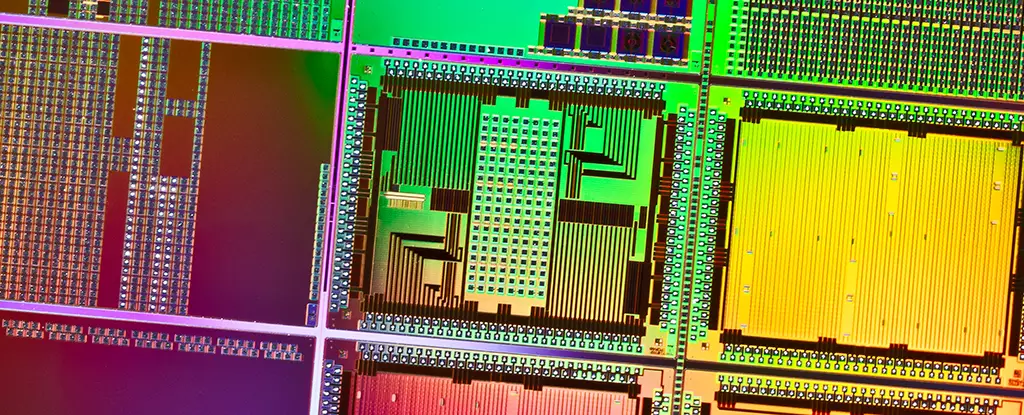The development of a groundbreaking transistor device has ignited excitement within the scientific community, with the potential to revolutionize the electronics and gadgets we utilize on a daily basis. This newly designed transistor has exhibited remarkable resilience in rigorous testing, offering the promise of significant advancements in the technology sector. These miniature switches, crucial components in modern electronic devices, are responsible for data storage and information processing in binary states, constantly toggling between ‘on’ and ‘off’ states. The impressive combination of speed, size, and resistance to wear showcased by this innovative design signifies a substantial upgrade for consumer electronics like smartphones and laptops, as well as for data centers that store vast amounts of information in the cloud.
Physicist Pablo Jarillo-Herrero from the Massachusetts Institute of Technology (MIT) emphasizes the profound impact of this breakthrough, attributing it to the exploration of fundamental physics in his laboratory. The transistor’s composition, crafted from an ultrathin ferroelectric material derived from boron nitride, has demonstrated exceptional performance in electrical conductivity. This unique material consists of positive and negative charges distributed across different layers, enabling a swift change in configuration when an electric current is applied. The utilization of two layers of this advanced material facilitates rapid switching capabilities, contributing to the transistor’s speed and efficiency.
The transistor’s ability to toggle on and off over 100 billion times without exhibiting signs of wear and tear surpasses the longevity of conventional flash memory storage devices. Physicist Raymond Ashoori from MIT elucidates on the degradation incurred by flash memory after repeated read and write cycles, ultimately leading to the deterioration of the device over time. This durable and reliable transistor design presents the opportunity for enhanced storage and processing capabilities in smaller electronic devices that consume minimal power. Moreover, the negligible wear and tear on the material’s properties attest to its long-lasting durability, surpassing current technological limitations.
While the development of a single transistor in a lab serves as a promising beginning, the mass production of billions of transistors remains a crucial step towards integrating this technology into consumer electronics. Despite the challenges that lie ahead, the research team remains optimistic about the potential applications of this resilient transistor. The prospect of exploring alternative methodologies, such as utilizing light instead of electricity to induce layer shifts, highlights the versatility and adaptability of this innovative technology. The implications of such advancements extend beyond the realm of electronics, promising far-reaching consequences that could impact numerous industries and individuals worldwide.
The evolution of resilient transistors marks a significant milestone in the field of electronics, promising enhanced efficiency, durability, and performance in consumer devices and data centers. The collaborative efforts of researchers in developing this pioneering technology underscore the transformative power of fundamental scientific research in driving innovations with real-world applications. As we navigate the ever-evolving landscape of technology, the potential impact of resilient transistors on the future of electronics is both promising and monumental.

Leave a Reply